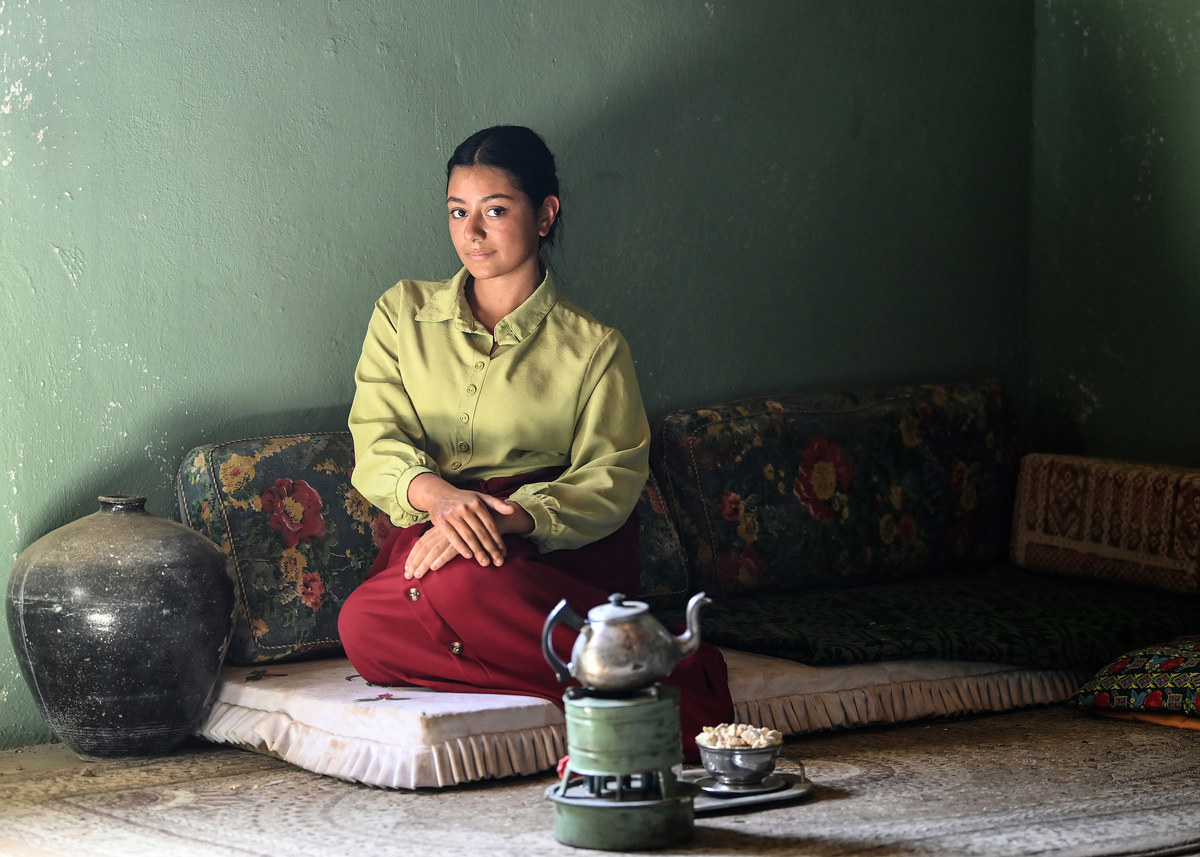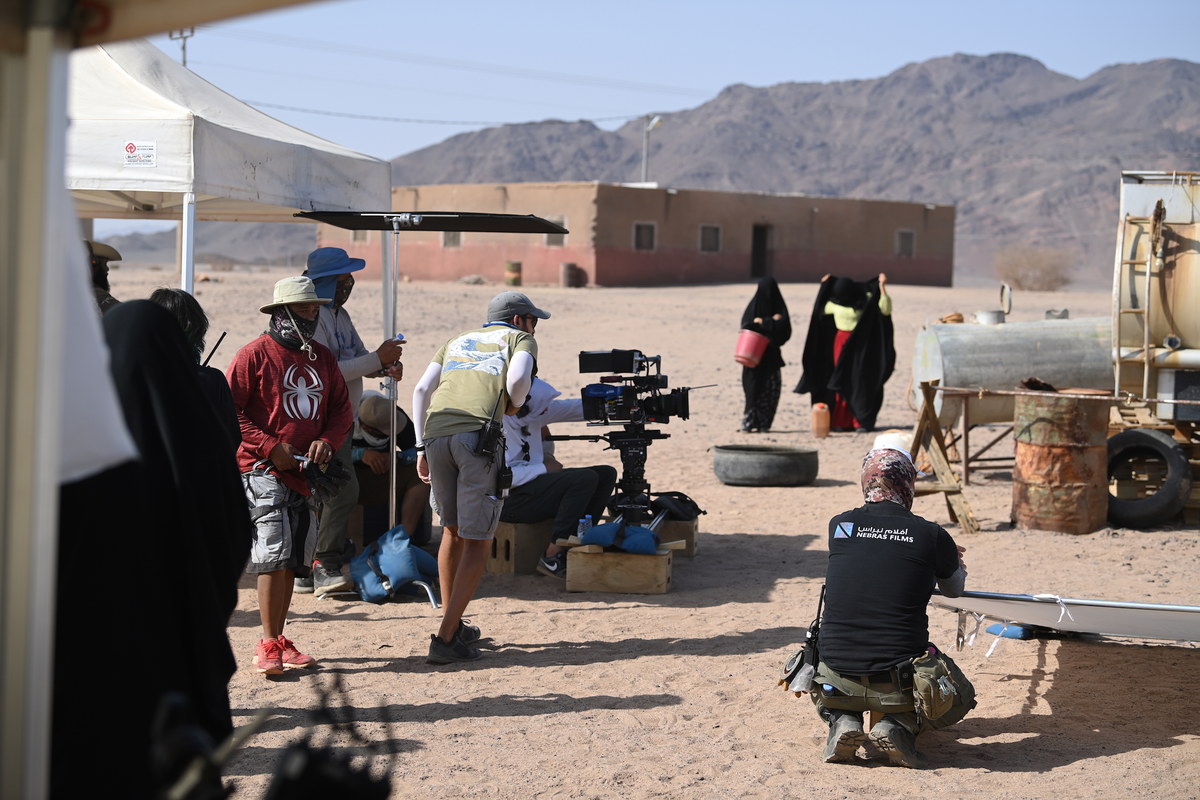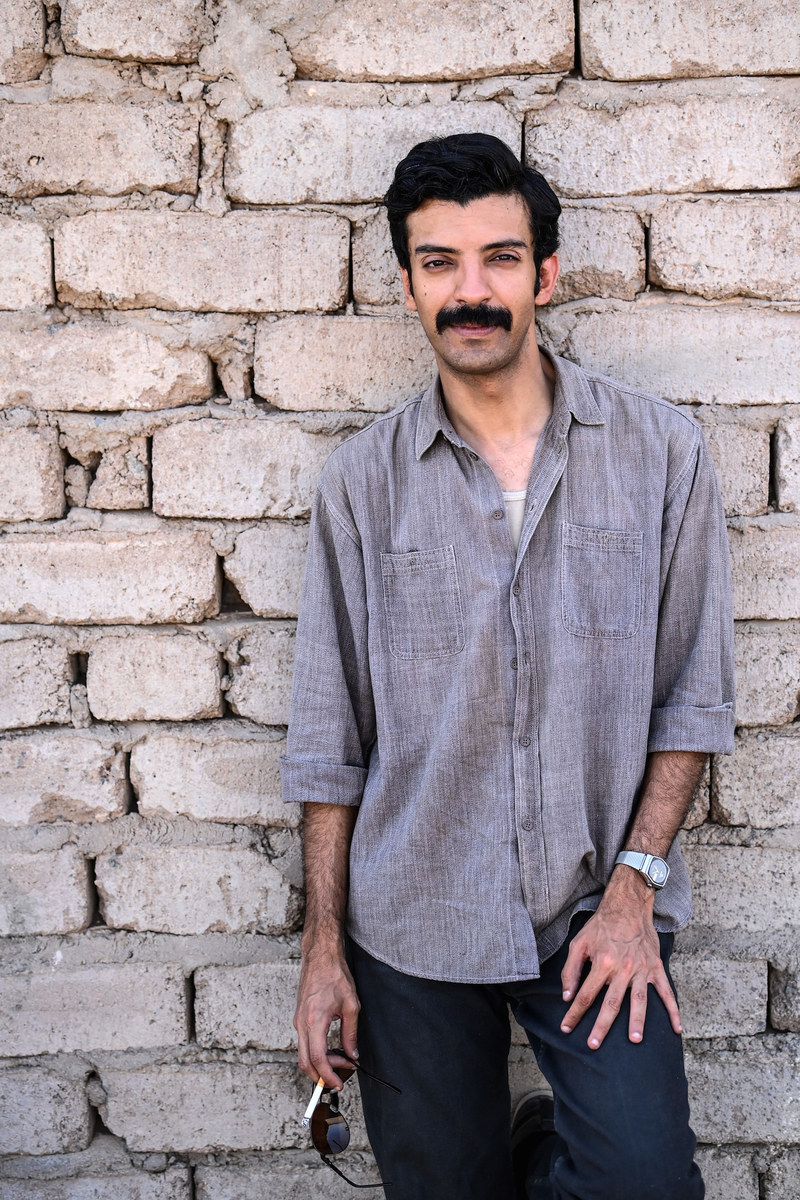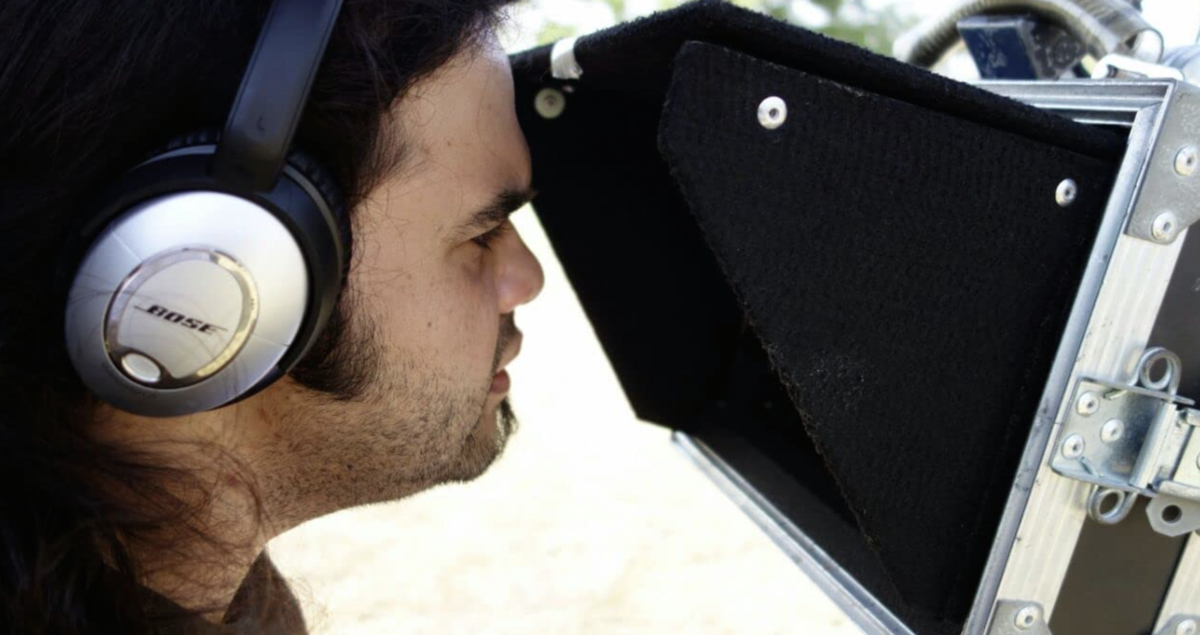
Why rising Saudi actress Maria Bahrawi said she was lucky to star in ‘Norah’
ALULA: On a beautiful day in AlUla, Saudi actress Maria Bahrawi asks questions from journalists for the first time in her life. As the star of the first Saudi project filmed in the historic region, the 16-year-old experiences his first taste of fame, surrounded by flashing lights, cameras and presenters he once watched on television, each one points to him as inspiration. for a new generation of Saudi girls.
There were tears streaming down Bahrain’s face. It wasn’t the moment that overwhelmed him, it was the glance he caught with his mother, who was standing outside the camera. She runs to hug him, knowing how much he owes this moment to her – and a family that has empowered her to dedicate her life to fulfilling her dreams.
“From an early age I can remember, my mother never stopped me from pursuing anything I wanted. My family has always supported me, never put restrictions on me, and without them I would not have been an actor. I love you so much mama, ”Bahrain told Arab News.

Maria Bahrawi on the set of ‘Norah,’ in AlUla. (Provided)
Although Bahrawi’s face may be a symbol of the next generation of Saudi artists, women in Saudi Arabia from previous generations have not had the same opportunities she has. That’s something he fully realized while doing “Norah,” a film that explores those themes.
Set in rural Saudi Arabia in the 1990s, the film follows an artist named Nader, who gave up painting due to social restrictions and became a school teacher, where he met a girl named Norah (Bahrawi ), an orphan who cannot read and seems to have no path to pursue his own dreams, face an arranged marriage that he does not want and full of emotion that he does not know what to do.
“The first day that I walked on that set in AlUla, I was transported back in time. I suddenly understand how people feel. I watched a lot of videos of people before, but I had to be there to really feel it, ”Bahrawi said.
In the film, Bahrawi’s character carries a cassette recorder wherever he goes, recording his thoughts and feelings on it as if they are whispering to a wishing well. Cassette recorders are just one thing the 16-year-old hasn’t known existed since that time.
“That’s what I learned on the set. Tawfik (Alzaidi, Saudi director of the film) has to show me how to fix it, how to play it, ”Bahrawi said. “I haven’t seen it before.”
Bahrawi, who was born and raised in Jeddah, still had to learn from his family how women should wear the abaya and niqab.
“My family has experienced that life, but I don’t know how they will wear it, how they will take it off, what their clothes will look like from below. How to fasten the niqab over it all. Before everything to me, “she said.” Of course, I knew the niqab, but the specific way women wore it was new to me. My family taught me how to do it like they did.

On the set of ‘Norah’ in AlUla. (Provided)
Bahrawi was cast in May of this year after auditioning once in person, driving with his family to AlUla from Jeddah in case he gets the role. In the early stages of filming, just a few weeks later, Bahrawi found himself shocked.
“I was expecting it to be hard, but I really thought I might not be able to handle it. For me to surpass myself, I have to remind myself that it is bigger than me, ”Bahrawi said.

Actor Yaqoub Alfarhan plays Nader in the film. (Provided)
Bahrawi’s co-star Yaqoub Alfarhan, who plays Nader, is very important to the young actress. Alfarhan, who quickly became Saudi’s hottest rising young star after performing on the MBC smash hit “Rashash,” repeatedly rehearsed with Bahrawi until he felt comfortable, offering him a safe space on set when he needs guidance.
“She really helped me a lot. We read almost every scene at the same time, and we rehearsed the really difficult scenes over and over again. I still balance school and my life outside as a 16-year-old, but Yaqoub taught me how to isolate myself mentally and forget everything when I step on the set so we can all focus and be together. at that moment. I will never forget that, ”Bahrain said.
Perhaps the most important lesson, however, came from Norah’s own character. As Bahrawi immerses himself in the paper, going daily to the real-life little village they film, it is the journey of this young woman who slowly discovers power in herself and refuses to compromise the stances that change the him, and help. she became the woman she wanted to grow up with.
“He taught me to be myself, to be true to my own spirit, and to stand up for myself despite all the challenges,” Bahrawi said. “From now and for the rest of my life, because of Norah, if I don’t find support, I will support myself. I want to find success, and I will do it against all odds.

Director Tawfik Alzaidi. (Provided)
While Norah’s playing experience is one that has opened her eyes in countless ways, the young actress is already looking to the future, and the many roles she can play that can explore life in a big way. difference with Saudi Arabia, a Kingdom he grew up with. more proud each day.
“I want to explore a role that speaks about the present era, and speaks about my generation of young women at this time in Saudi Arabia. There are also challenges today. There are many things that women go through, and there are also many positive things that have not been shown on screen. So many things have happened that are so good to show in a film, and that’s something I want to be a part of, ”Bahrawi said.
As the sun set in AlUla, however, Bahrawi stopped to reflect on how lucky he was to be a part of it, and made history with the first Saudi film to take on the majesty of that very special place.
“Every day we pass by historical landmarks such as Elephant Rock and Hegra, discovering these amazing mountainous areas and landscapes. I can’t believe we’ve gotten to do this together, “he said.
“Right now, I’m living the dream. Inshallah, I will reach bigger and higher goals. I have all the opportunities in the world, now I have them. ”


